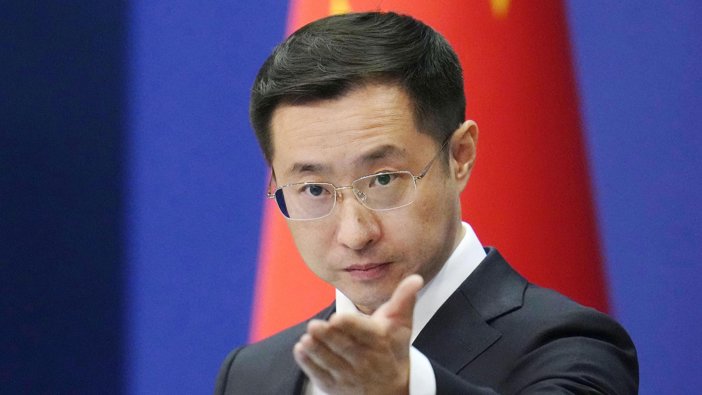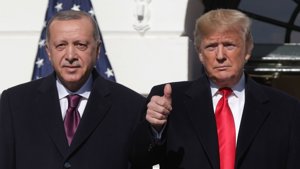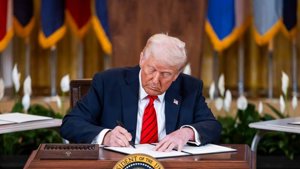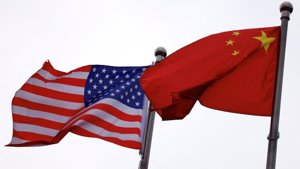
China Hits Back Over U.S. Tariffs, Cuts Film Imports
China has strongly condemned the United States' recent tariff hikes, accusing Washington of weaponizing trade policy to serve selfish interests. Speaking at a press conference, Foreign Ministry Spokesperson Lin Jian stated that the tariff measures are not only an attack on China but on the entire international community. He emphasized that while China does not seek conflict, it is prepared to defend its sovereignty if provoked.
"Trade wars have no winners," Lin said, noting that Beijing's countermeasures aim to protect both national sovereignty and global stability. He added that if the United States truly wants dialogue, it must adopt an attitude of equality and mutual respect.
The Chinese Ministry of Commerce reinforced this position, with spokesperson He Yongqian declaring that China “will fight to the end” if the United States insists on pursuing a trade war. He urged the U.S. to resolve disputes through consultation based on mutual respect and peaceful coexistence, warning that threats and coercion are not effective strategies.
The response comes as President Donald Trump imposed an additional round of tariffs on Chinese goods, raising the total levy to 145%. Trump simultaneously introduced a 10% flat tariff for global trading partners, excluding China, further isolating Beijing in trade negotiations.
In a separate development, China announced it will "moderately" reduce the number of American films imported into the country. The China Film Administration cited the U.S. tariff policies as a key reason for the decision, noting that rising anti-American sentiment among Chinese audiences may lead to declining demand for Hollywood content. This move could deliver a significant blow to U.S. studios, as China represents the world’s second-largest film market.
Tensions also spilled into the cybersecurity arena. According to reports from a closed-door meeting in December, Chinese officials allegedly made statements that were interpreted by the U.S. delegation as an implicit admission of their role in major cyberattacks targeting U.S. infrastructure. These attacks affected critical sectors including ports, telecommunications, and even the U.S. Treasury. In response, the U.S. government imposed sanctions on the individuals believed to be responsible.
As the situation intensifies, both nations face mounting pressure to de-escalate. While China continues to advocate for a diplomatic resolution, it remains firm in its stance that national interests and dignity must be preserved. The coming weeks are likely to determine whether the U.S.-China trade and cybersecurity tensions can be diffused or will deepen further.






